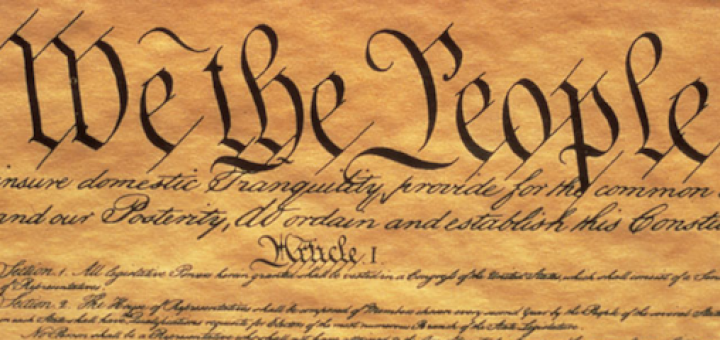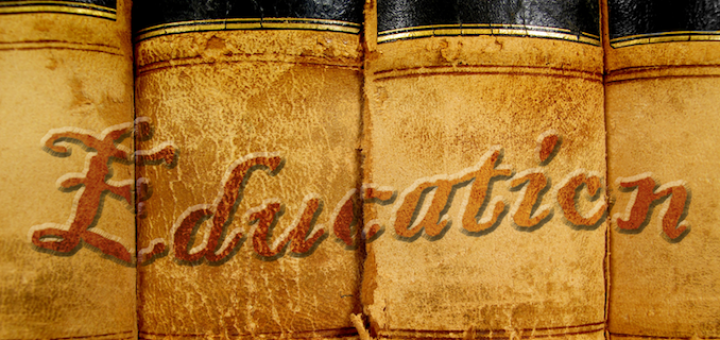The U.S. Constitution Meets the 7th Grade
What works to help 7th graders understand the US Constitution? Former HS teacher Lauren S. Brown got a crash course in teaching the document as she returned to full-time teaching this fall. Slowing the pace, using the primary source, and blending in current events all helped.























